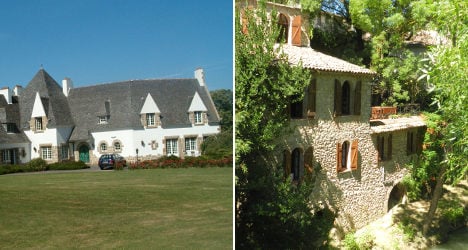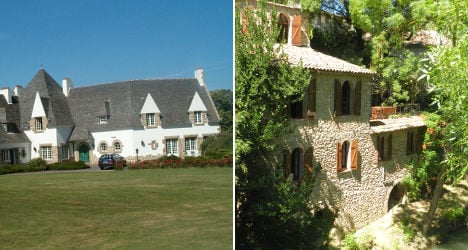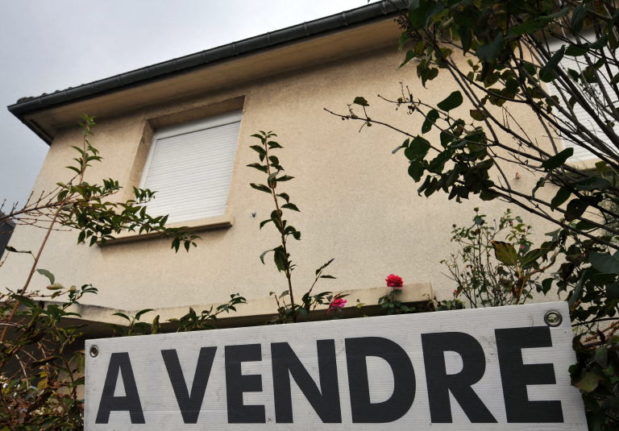Every year thousands of foreigners splash out on their ideal home in France, but choosing where to live and what kind of property to buy can be an agonizing decision.
Are you going to sell up and splash out out on a villa in Provence or a country house in Brittany? Or will it be a beach-side French Riviera apartment or a flat in the famed Marais district of Paris?
Of course not everyone gets the chance to turn their dreams into reality, so as part of our new series readers can get the chance to imagine – if only for a few moments – what it would be like to choose between French properties that are on the market.
For the first edition of French Property Face-off we have lined up a 17th century converted olive mill in the Var department of picturesque Provence and a luxury home and its spacious grounds in the Côtes d’Armor department of northern Brittany.
Both properties cost in the region of around €500,000.
Take a closer look at the two properties in this gallery of images and in the final one, let us know which one would get your vote.
French Property Face-off: Brittany versus Provence

Both houses are on the market with estate agente Leggett Immobilier. You can find out more about the converted olive mill by CLICKING HERE or if the Brittany eight-bedroom home was more to your liking, you can find out more information by CLICKING HERE.



 Please whitelist us to continue reading.
Please whitelist us to continue reading.
Member comments